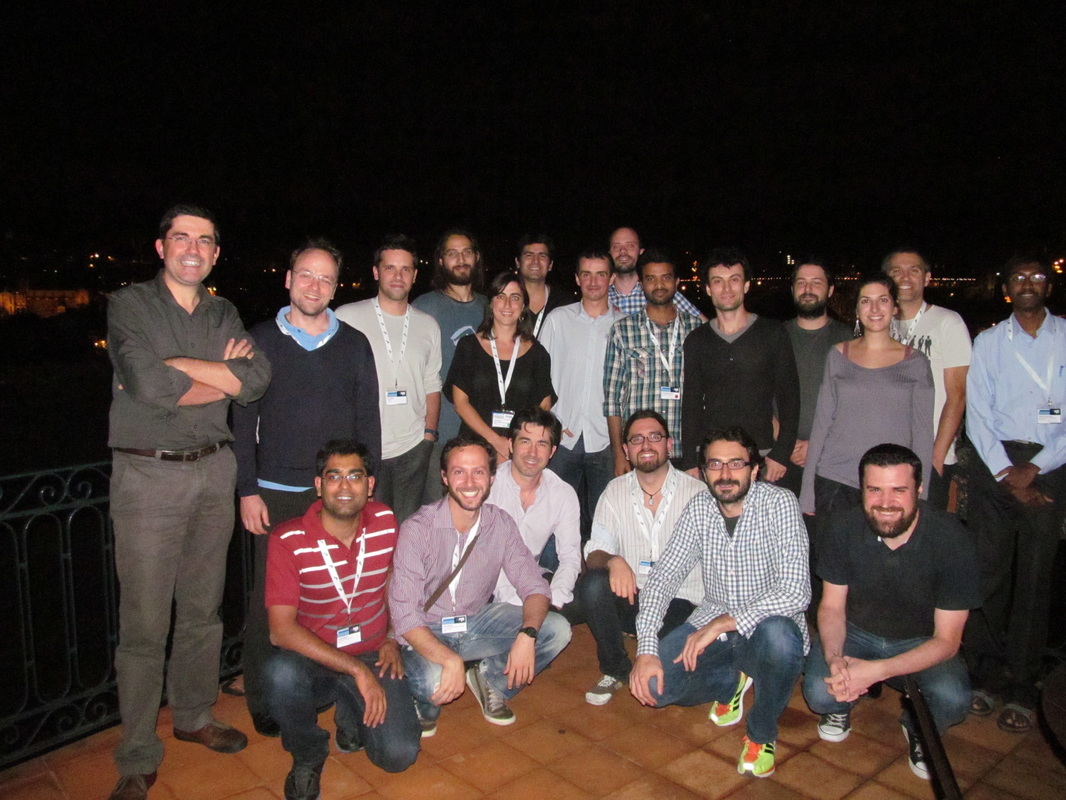"Dear list,
Following the launch of our MELODIA - Melody Extraction vamp plug-in a few weeks ago, I'm glad to announce we have now added builds for OSX (Universal 32/64-bit) and for Linux (32-bit and 64-bit) in addition to the existing Windows version.
You can download the plug-in (all versions) here: http://mtg.upf.edu/technologies/melodia
Below I've included the text of the original announcement with further information in case you haven't seen it yet.
Cheers,
Justin"
Hopefully this will facilitate the use of MELODIA by the research community which makes extensive use of these platforms (Linux and OSX)!




 RSS Feed
RSS Feed
